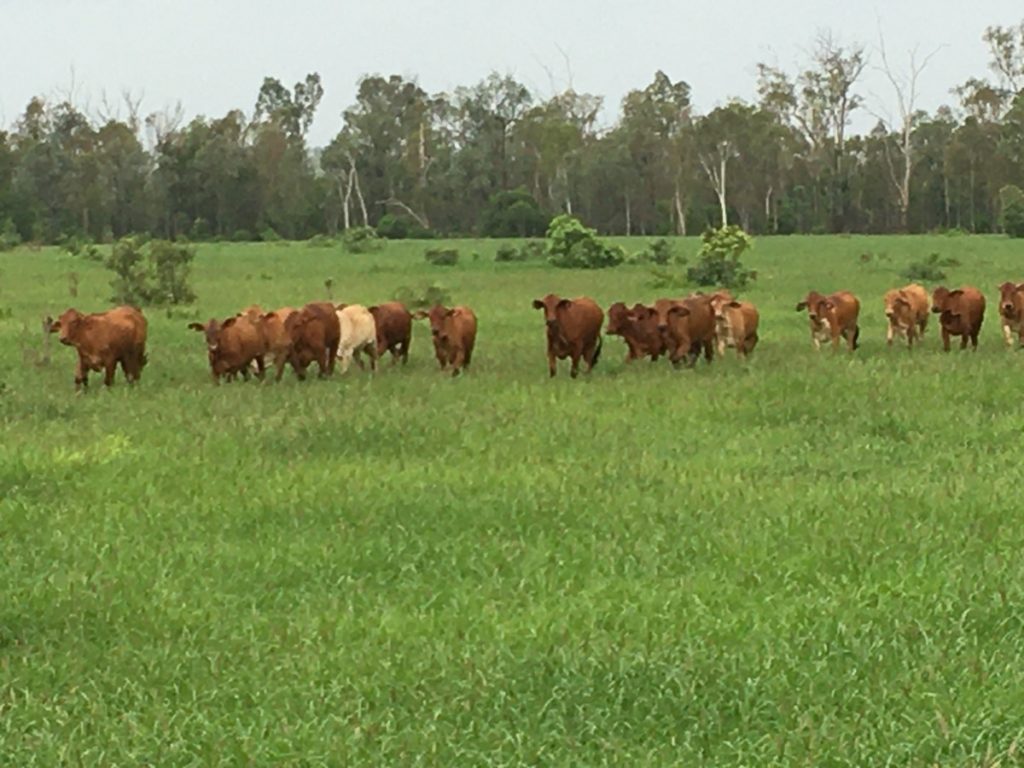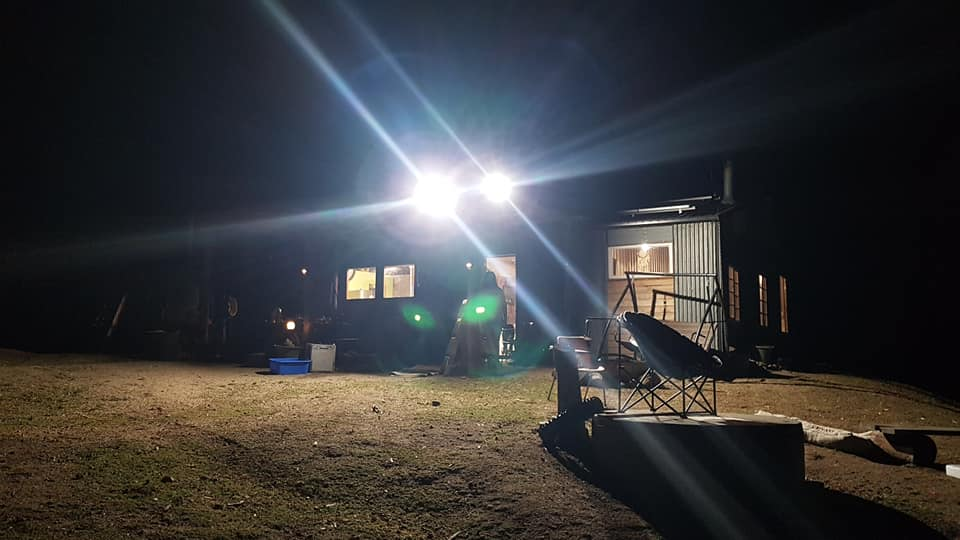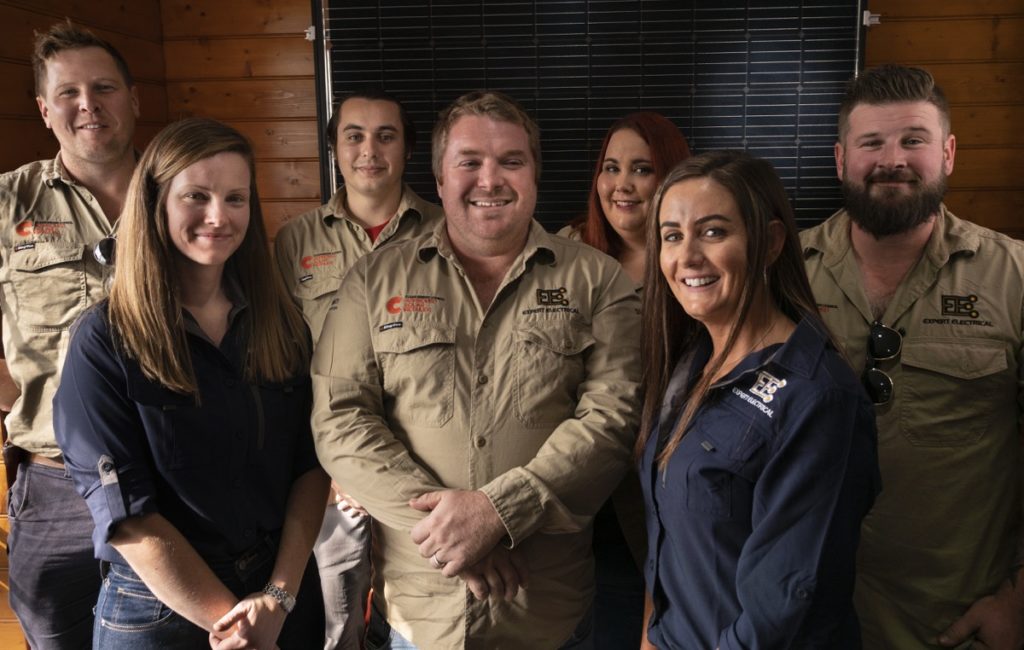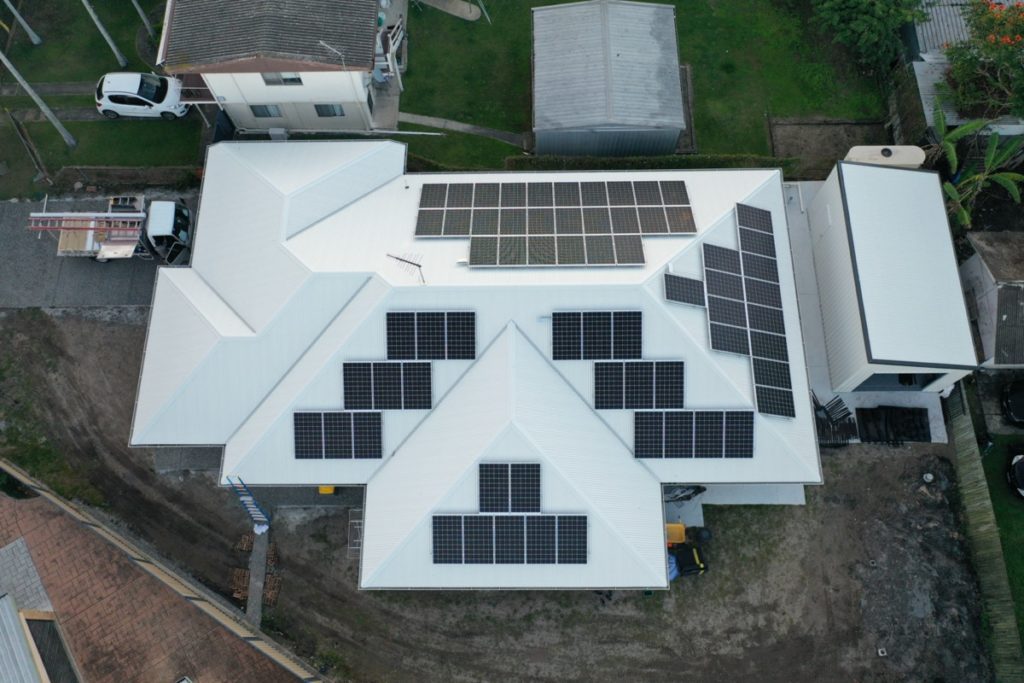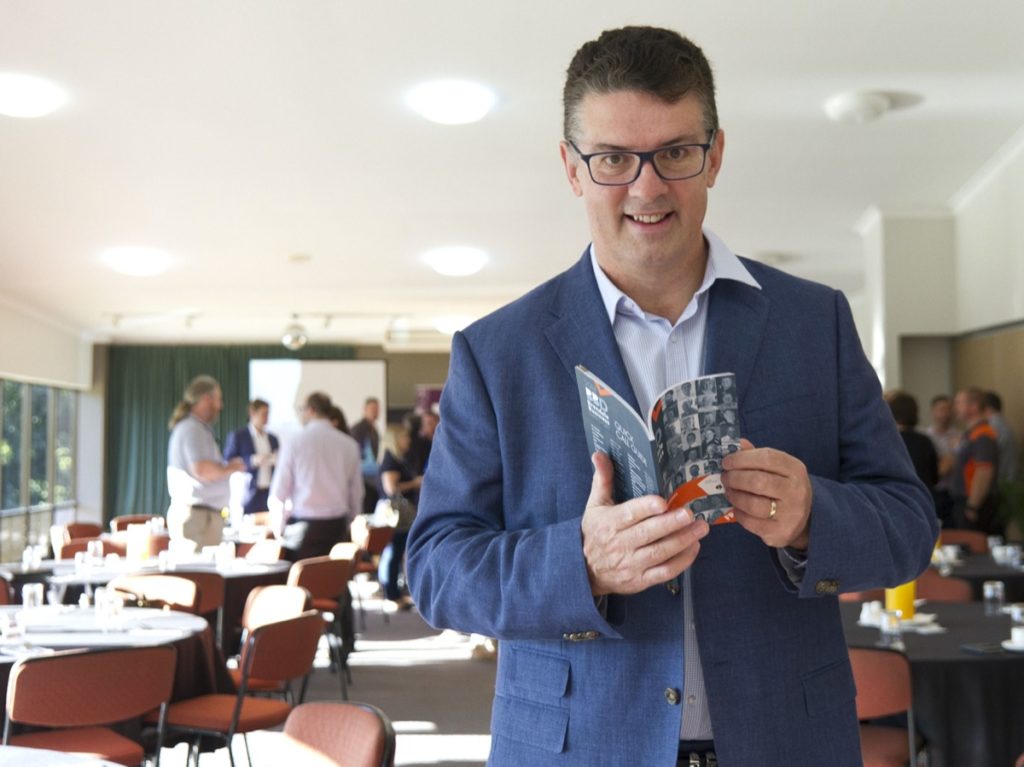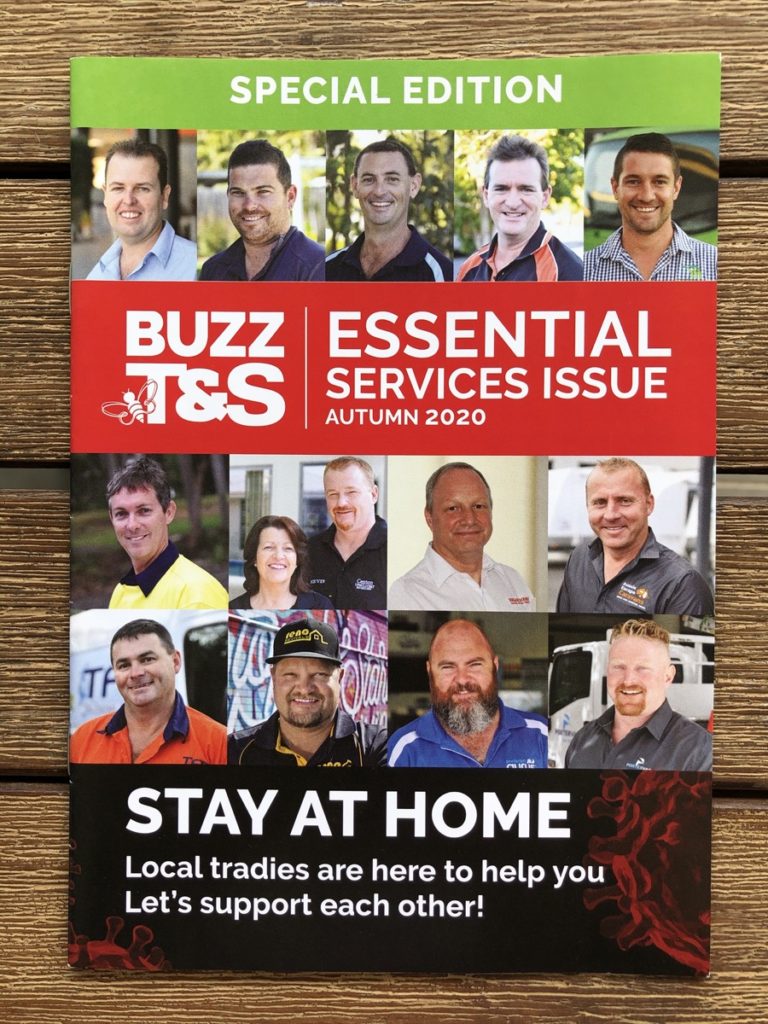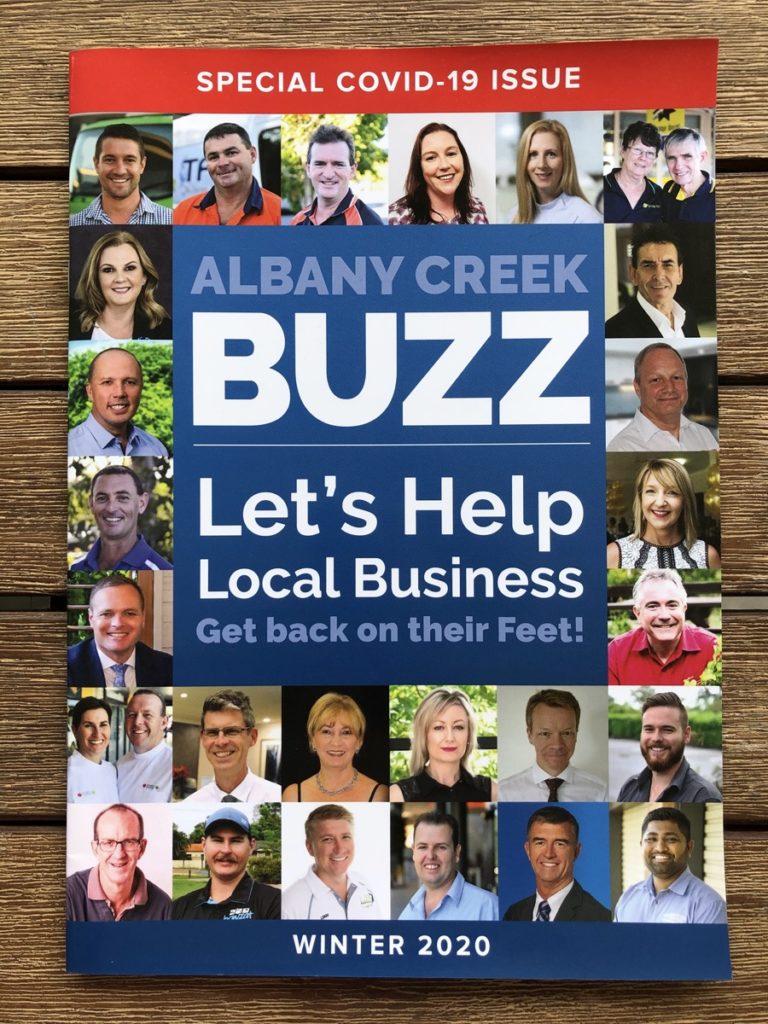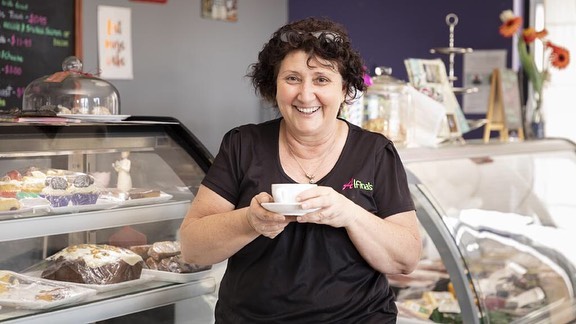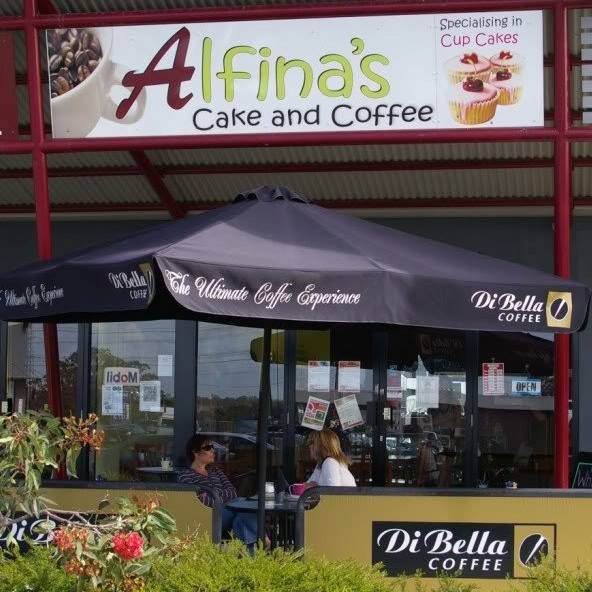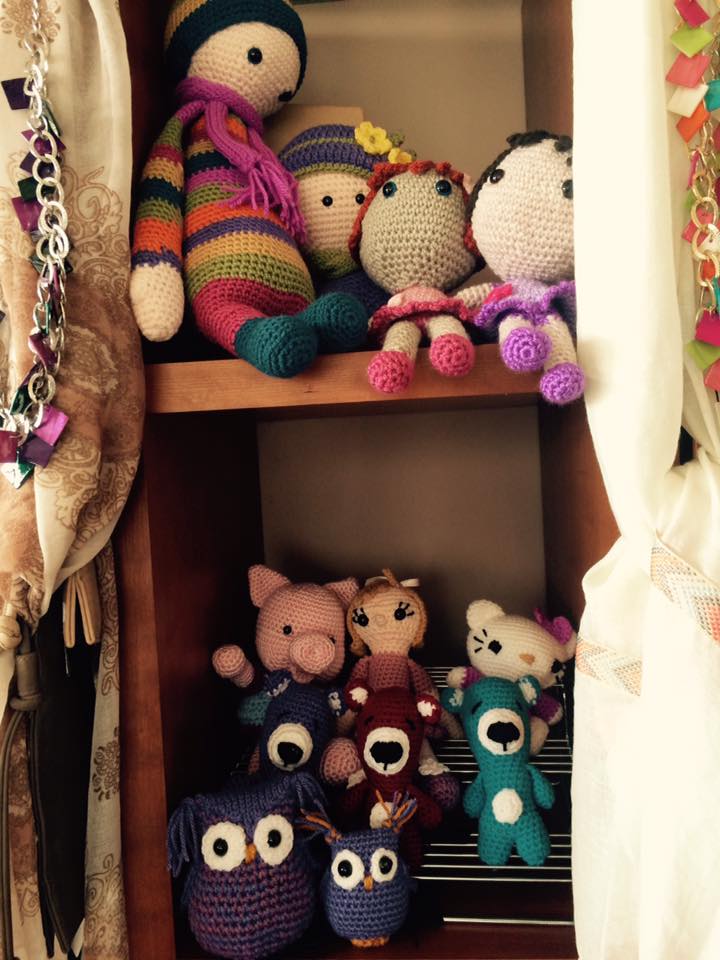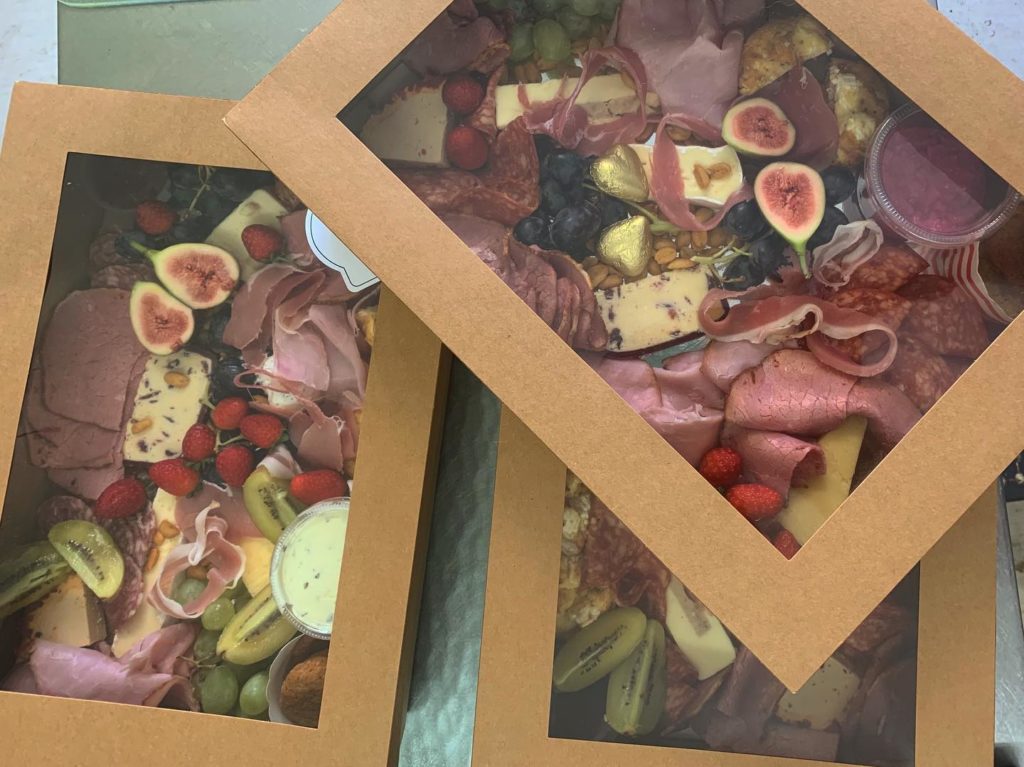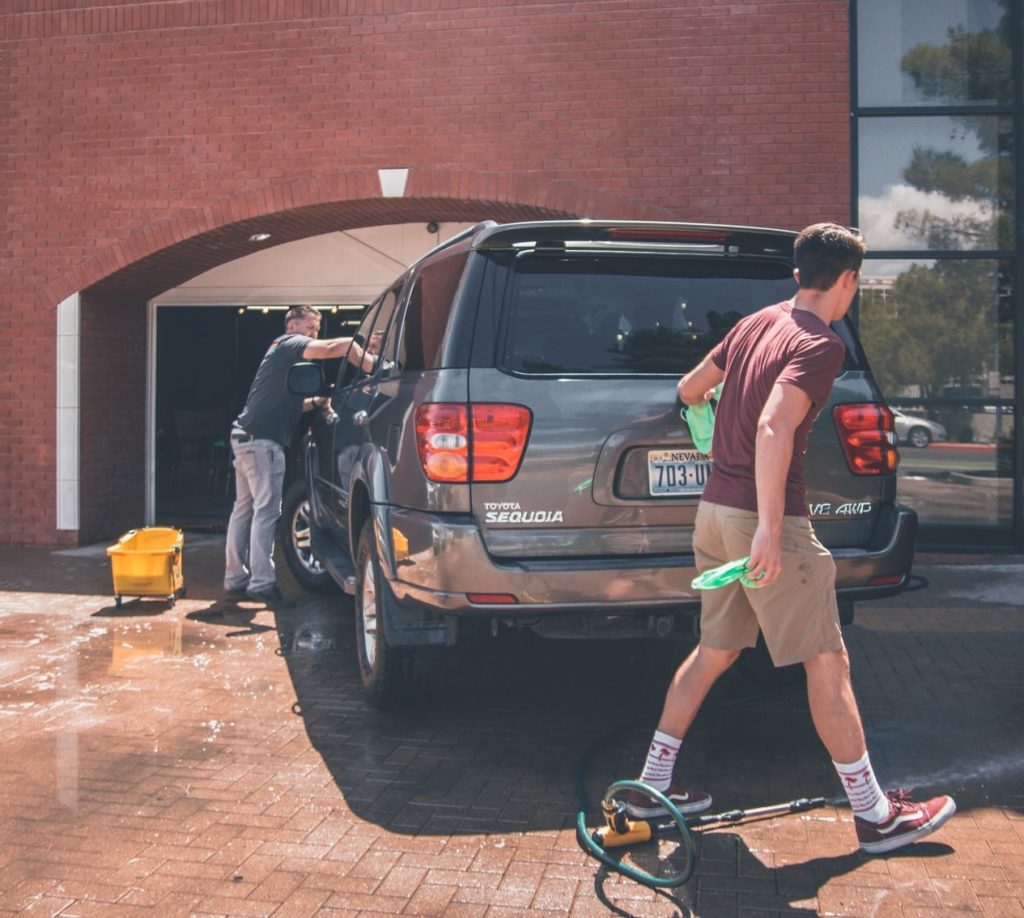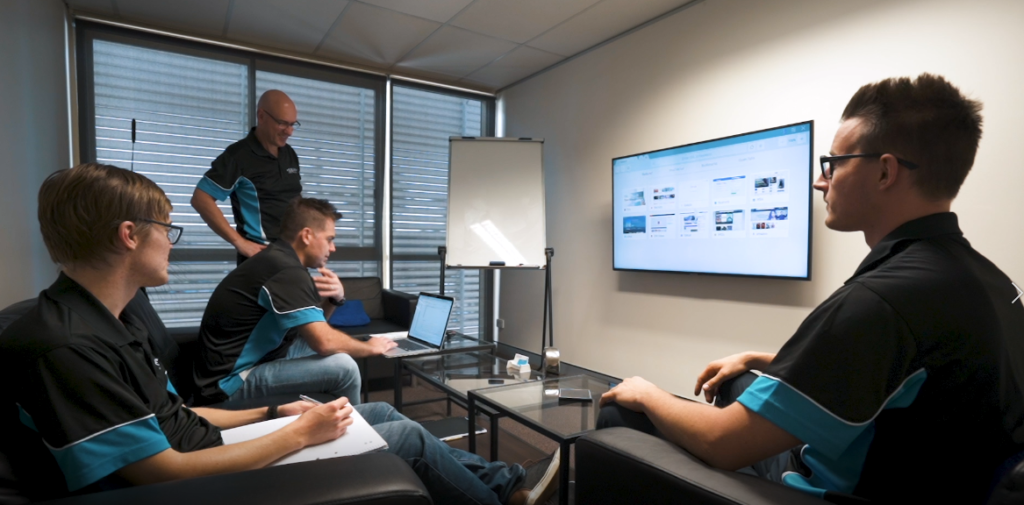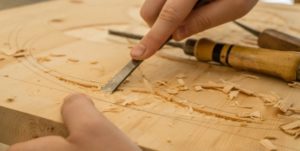Book Review: My Life as a 50+ Year-Old White Male
How a Mixed Race Woman Stumbled into Direct-Response Copywriting and Succeeded! – By Carline Anglade Cole
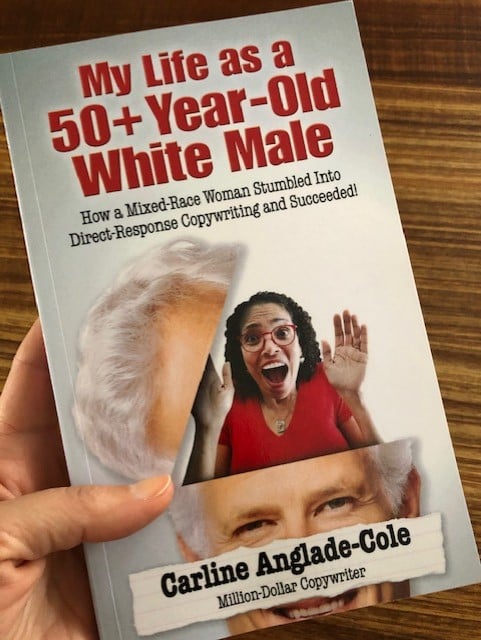
The Quick Overview
A foothold to success
Besides making the big time as an A-list copywriter in the US, one of Carline’s claims to fame is being mentored by the ultra-famous Clayton Makepeace, who sadly died in March 2020.
The catchy title of this copywriting book is what Makepeace drummed into her understanding: how to get into the head of your audience. And that’s exactly how Carline learned to make big money in the world of direct-response copywriting.
Authentic storytelling
Carline writes with an endearing level of honesty and vulnerability. She includes warming stories about her humble childhood and quirky family influences that helped form who she is today. Her story includes her career path from customer service rep to freelancer, and the shifting of gears as her business grew in success.
‘I quickly learned that whenever Clayton Makepeace made me cry, my income increased…If I wasn’t focusing on my 50+ year-old white male market—he told me to “put on your big girl pants and write like a man!” ‘
What’s Great About It
It’s fun
Like Carline herself, the book is upbeat and lighthearted—an easy read. It’s full of stories, some that made me chuckle, others that made my jaw drop.
A female fighter
It’s refreshing to hear from a famous female copywriter when, historically, most of the masters of the craft are male. Women are much more prevalent as copywriters today, but it’s not often I’ve heard from women at the top of the food chain.
As a mixed-race woman prioritising her family in a predominantly white male work culture in the 90s, she had to find her own way through prejudices. She faced disparaging comments like, “Oh, she probably has to go home to her kids again.” She became an advocate for people of colour through her regular reminders to publishers and designers to make sure more than one race was represented in the marketing material.
A spiritual investment
Carline’s values mean she invests precious time into growing her spiritual life. That was a breath of fresh air to me—something unexpected when you’re reading about copywriting. She allows her faith to guide her choices and ethics in all aspects of her life, including work. As a result she intentionally invests her energies into her family and into helping others, and doesn’t take on work that opposes her values.
‘I decided I would turn down any project that didn’t bring serious and positive benefits to my customer. I was not gonna help grow a crappy product… These folks are counting on me to look out for them!’
I found myself hanging onto her stories about how she makes her faith a foundational part of her work and personal life.
A friend-and-family network
The charming thing about Carline’s family is how they’re along for the ride, and how she welcomes the impact of their influence on her copy. Grandma got Carline interviews with random people, her cousin helped her research, and her children’s different personalities taught her how to write for different audiences. There’s an entertaining story behind each interaction in the book.
Financial aspirations…
My eyes were opened when Carline revealed charging $2500 for a one-hour consultation. I have new aspirations about where a copywriting future could go!
What’s Not So Great
Excessive use of exclamation marks!!!
The darn things are scattered like weed all over the book. Generally speaking, the exclamation mark turns up the nose of writers because it’s seen as a shortcut when a person is too lazy to use better words.
Sure enough, Carline has a chapter titled ‘Learn the Rules—and BREAK ‘Em Whenever You Can!”
I first heard Carline speak on David Garfinkel’s Copywriters Podcast, and her bubbly nature drew me in. She’s big on writing copy that sounds conversational, so I guess she simply writes as effervescently as she speaks. And you just have to realise – this is who Carline is. She’s being her unique self. She explains how embracing this understanding was transformational in forging her way to success.
‘If I tried to talk like most of the doctors who represented my products—my prospect would be bored as heck! … I’m actually giving the doctor MY voice. My easy way of talking to a customer. My ability to make a complicated idea simple enough for the prospect to say, “Aha!” ‘
Pricey
After spending AUD$60 (incl postage) on Amazon in November 2020 I was deflated by the small, 175-page paperback that arrived in the mail. It’s printed on thin paper and some of the graphics are illegible because of their tiny size and poor resolution.
Perhaps its saving grace is access to an online stash of Carline’s own direct-response marketing copy. Book buyers can access seventeen of the promotional magazines she wrote, cover to cover, and a number of one-page ads.
The drawback of the resources is having to relinquish an email address, which means you’re added to Carline’s Copy Star mailing list. That means an email every single day, many of which are excerpts from the book you’ve just read. That takes on a distinctly spammy hue for me. Easy enough to unsubscribe, I suppose.
Last Few Thoughts

A Bit of Show, A Bit of Tell
While Carline states at the beginning that this is not a book that teaches copywriting, by the end of the book, I felt I had learned a fair amount.
Through her story, which includes the ‘Carline Routine’, the reader gets the low down on:
– how she approaches the tasks at hand
– what she does when she’s stuck
– how she writes promos fast
– how to collaborate effectively with designers
Tips and Tricks
From her personal experience Carline demonstrates some of the harder lessons to be learned:
– there is no such thing as 100% success rate
– how important it is to ‘shut your pie hole’ and stay humble when accepting critique
– how to keep pushing your own boundaries.
Although a bit US-centric, the FAQ chapter at the end holds more than one pearl of wisdom from someone who has done the hard yards.
That’s a Wrap
Having read this copywriting book, it’s enlightening to know more about a woman who is a highly successful copywriter, who speaks my language and is relatable. The way Carline connects with readers in this book demonstrates exactly how she’s flown so high.
It’s worth a read.



